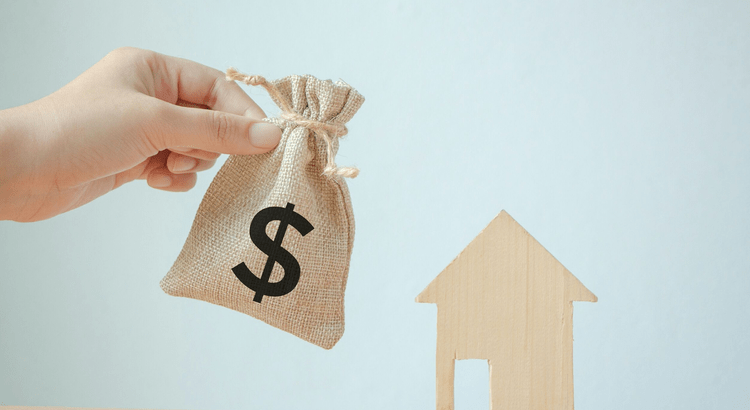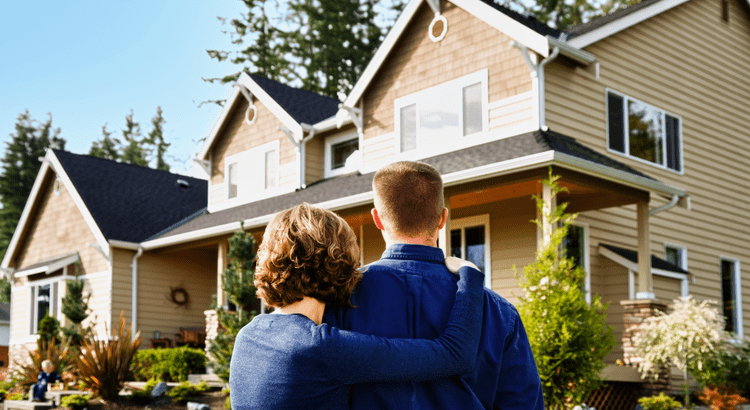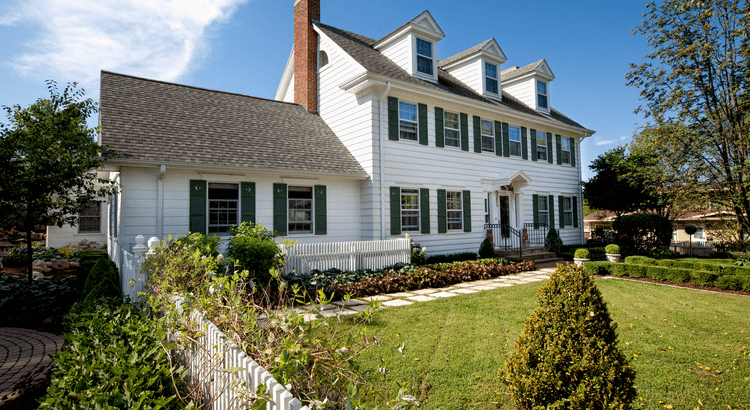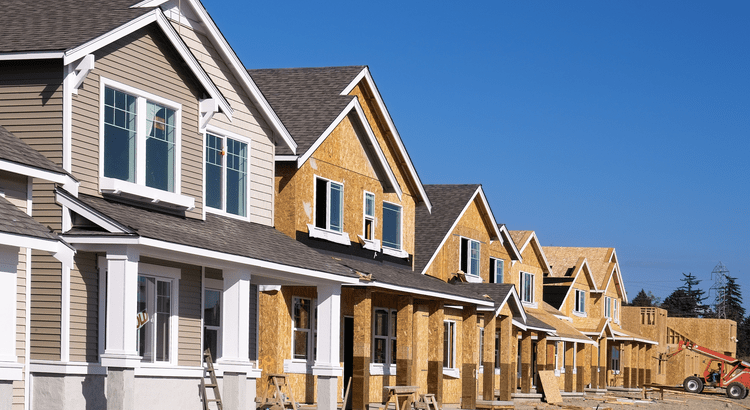Weighing the Advantages and Disadvantages of Purchasing an Older House
When it comes to buying a home, one of the key decisions you'll face is whether to opt for a shiny, brand-new house or embrace the character and history of an older property. Both options have their merits, but purchasing an older house can be a unique and rewarding experience. However, it's essential to weigh the advantages and disadvantages carefully to make an informed decision. In this blog, we'll delve into the pros and cons of buying an older house.
Advantages of Purchasing an Older House
1) Character and Charm: Older homes often boast architectural features and craftsmanship that are hard to find in newer constructions. Intricate woodwork, stained glass windows, and unique layouts add character and charm that many homeowners adore.
2) Established Neighborhoods: Older houses are typically located in well-established neighborhoods with mature trees and a strong sense of community. These areas often offer a unique charm and a feeling of belonging that newer developments may lack.
3) Solid Construction: Many older homes were built with high-quality materials and exceptional craftsmanship. This often translates into robust foundations, hardwood floors, and structural integrity that can last for generations.
4) Renovation Potential: If you have a passion for renovation and design, older homes provide an excellent canvas for customization. You can breathe new life into an older property while preserving its historical value.
5) Lower Initial Cost: In some cases, older houses are more budget-friendly than their newer counterparts. This can be an attractive advantage for first-time buyers or those looking to invest in real estate without breaking the bank.
2) Established Neighborhoods: Older houses are typically located in well-established neighborhoods with mature trees and a strong sense of community. These areas often offer a unique charm and a feeling of belonging that newer developments may lack.
3) Solid Construction: Many older homes were built with high-quality materials and exceptional craftsmanship. This often translates into robust foundations, hardwood floors, and structural integrity that can last for generations.
4) Renovation Potential: If you have a passion for renovation and design, older homes provide an excellent canvas for customization. You can breathe new life into an older property while preserving its historical value.
5) Lower Initial Cost: In some cases, older houses are more budget-friendly than their newer counterparts. This can be an attractive advantage for first-time buyers or those looking to invest in real estate without breaking the bank.
Drawbacks of Purchasing an Older House
1) Maintenance and Repairs: Older homes often require more frequent maintenance and repairs due to wear and tear over the years. Plumbing, electrical systems, and roofing may need updates, potentially leading to unexpected expenses.
2) Energy Efficiency: Older houses tend to be less energy-efficient than modern homes. They may lack proper insulation, efficient HVAC systems, and energy-saving technologies, resulting in higher utility bills.
3) Limited Amenities: Older homes may not have the modern amenities and layouts that today's homebuyers desire. Smaller closets, fewer bathrooms, and outdated kitchen designs could necessitate extensive renovations.
4) Potential for Hidden Issues: Older homes may conceal hidden issues like lead paint, asbestos, or outdated wiring, which can pose health hazards and require costly remediation.
5) Resale Value: While older homes can hold or even increase in value over time, they may not appreciate as rapidly as newer properties in fast-growing areas. Resale value can be a concern for some buyers.
Purchasing an older house can be a fulfilling experience for those who appreciate the charm, character, and history they offer. However, it's essential to be aware of the potential drawbacks, including maintenance costs and limited amenities. Before making a decision, consult with a real estate agent experienced in older properties to gain insights into your local market. With careful consideration, you can make an informed choice that aligns with your lifestyle and long-term goals.
2) Energy Efficiency: Older houses tend to be less energy-efficient than modern homes. They may lack proper insulation, efficient HVAC systems, and energy-saving technologies, resulting in higher utility bills.
3) Limited Amenities: Older homes may not have the modern amenities and layouts that today's homebuyers desire. Smaller closets, fewer bathrooms, and outdated kitchen designs could necessitate extensive renovations.
4) Potential for Hidden Issues: Older homes may conceal hidden issues like lead paint, asbestos, or outdated wiring, which can pose health hazards and require costly remediation.
5) Resale Value: While older homes can hold or even increase in value over time, they may not appreciate as rapidly as newer properties in fast-growing areas. Resale value can be a concern for some buyers.
Purchasing an older house can be a fulfilling experience for those who appreciate the charm, character, and history they offer. However, it's essential to be aware of the potential drawbacks, including maintenance costs and limited amenities. Before making a decision, consult with a real estate agent experienced in older properties to gain insights into your local market. With careful consideration, you can make an informed choice that aligns with your lifestyle and long-term goals.
Categories
Recent Posts

The Benefits of Using Your Equity To Make a Bigger Down Payment

Understanding Zoning Laws and How They Affect Your Property

Navigating the Real Estate Market as a Military Family in 2024

Two Reasons Why the Housing Market Won’t Crash

The Importance of Curb Appeal: First Impressions Matter

This Is the Sweet Spot Homebuyers Have Been Waiting For

Why Buying Now May Be Worth It in the Long Run

Savor Wood-Fired Pizzas and Craft Beers at Rim Life: Where Great Food Meets Exceptional Service

Understanding Home Equity and How to Use It in 2024

The Latest Builder Trend: Smaller, Less Expensive Homes
GET MORE INFORMATION

